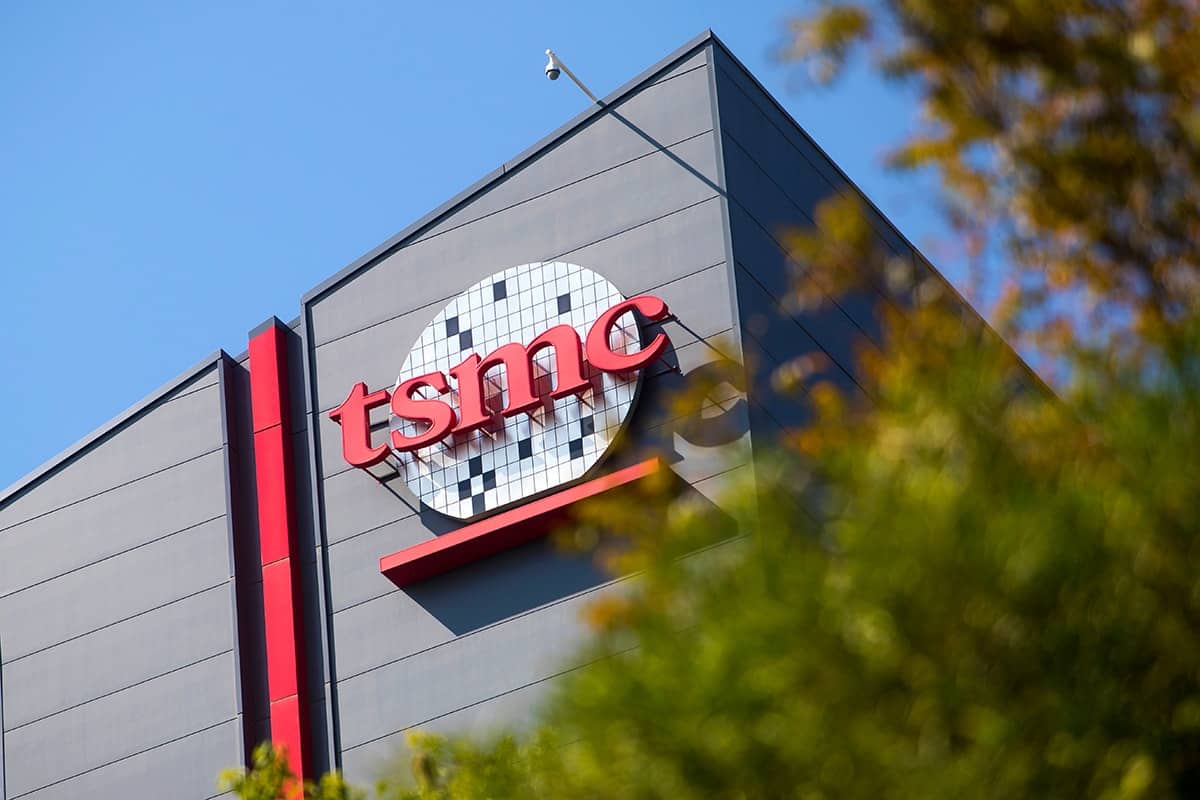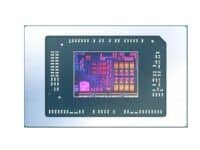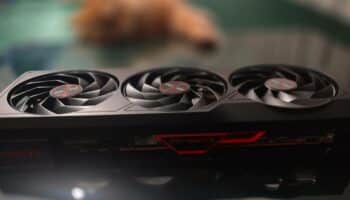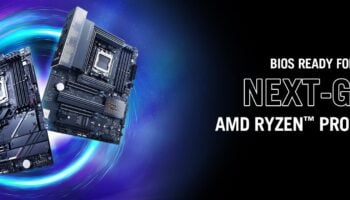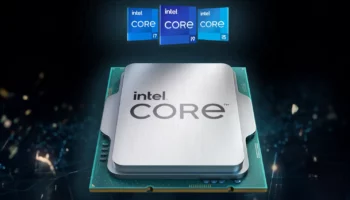Intel may work with TSMC to leverage its 2nm process node. This info was shared by Northland analyst Gus Richard who raised Intel’s stock price to $62. According to Richard, Intel will not only leverage TSMC’s 3nm node but is also discussing the potential on working together to optimize its 2nm process technology. With the rise of Patrick Gelsinger as the CEO of the chip giant, Intel has started to adopt a hybrid foundry strategy.
On one hand, the company is investing billions in developing its own advanced process nodes (on US soil, Israel and Europe), and on the other hand, it’s outsourcing its GPU lineup to TSMC. The 1st Gen Arc “Alchemist” GPUs will be fabbed on TSMC’s 6nm node, the 2nd Gen Battlemage GPUs on 5nm/4nm, and 3rd Gen Celestial on the 4nm/3nm node.
The cooperation of the two leading chipmakers has been more or less confirmed till TSMC’s 3nm node. In addition to various generations of the Arc graphics cards, some of the HPC chiplets for Ponte Vecchio, and the iGPU chiplets for its Meteor/Arrow Lake processors may be outsourced to TSMC’s advanced foundries as well.
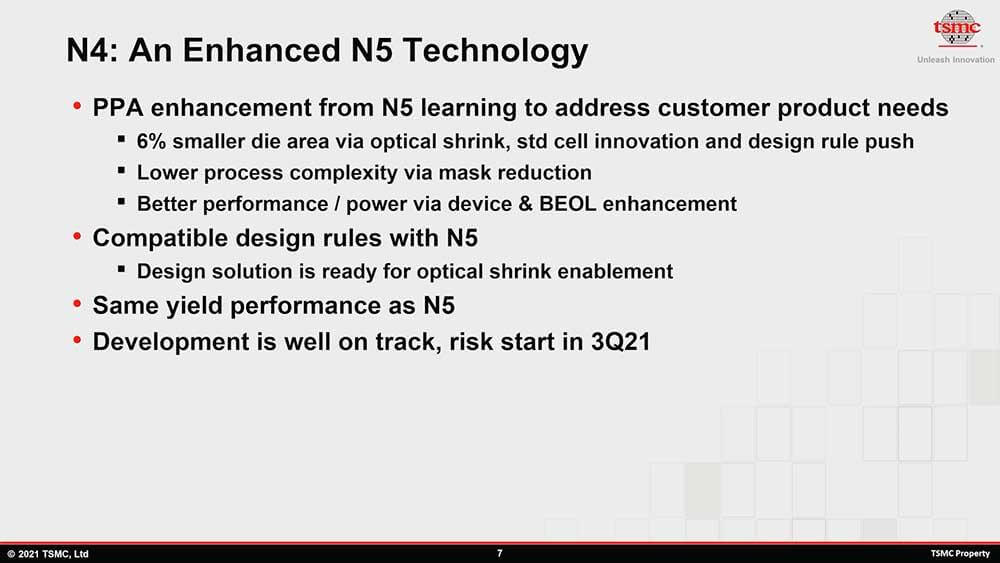
According to several reports coming out of Taiwan, Intel will be the first adopter of TSMC’s 4nm node alongside Apple (as NVIDIA and AMD use the 5nm node), and the same applies to the 3nm node as well. In fact, Team Blue is rumored to have split the 1st wave of 3nm wafers with Apple, ahead of archrivals AMD and NVIDIA.
If the outsourcing strategy works well for the 5nm and 3nm-class nodes, then plans of working with TSMC on the 2nm process are almost a certainty. Intel won’t be overtaking TSMC in process technology anytime soon, and even if the two match, the former won’t have enough capacity to manufacture its CPUs (client and server) as well as GPUs (Gaming and HPC) by itself.
TSMC’s 3nm mass production is expected to start in the fourth quarter of 2022, and the first batch of production capacity will be equally divided between Apple and Intel [not confirmed]. As for the future 2nm process, the Taiwanese foundry will unveil the nanosheet/nanowire transistor architecture and use new materials. Mass production is expected to begin in 2025.
